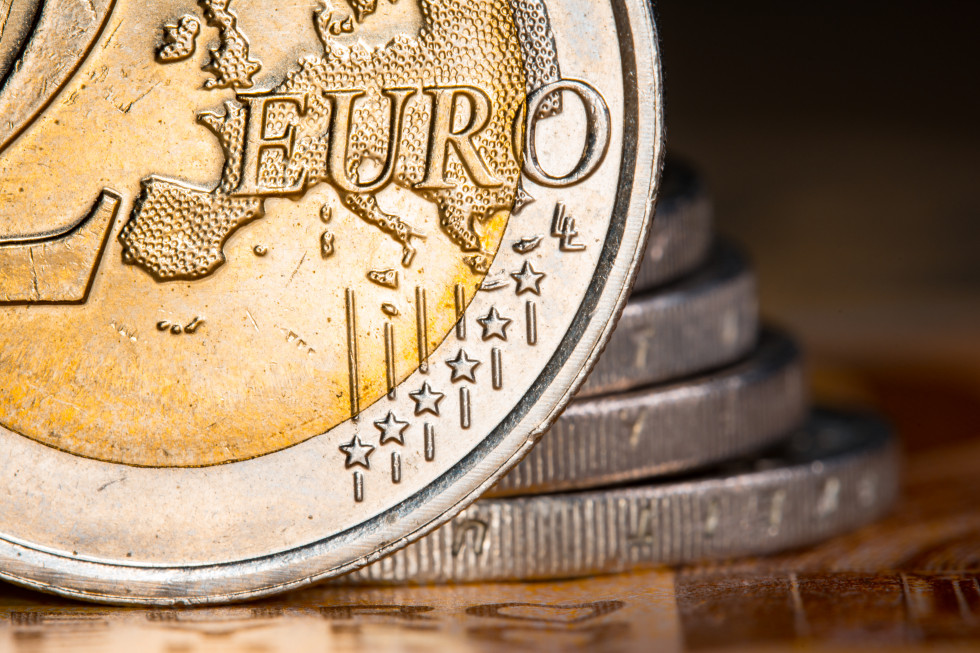Government adopts timely measures to prevent inflation growth
The main contributing factors have been the Government’s measures to regulate electricity and gas prices, to regulate oil product prices and to reduce VAT on certain energy products.
As the Government is preparing further measures, public institutions and economic operators that currently cannot obtain an offer to buy electricity for 2022 are advised to contact the Ministry of Infrastructure, which is already working on a common solution for such cases. Those who have not yet concluded a contract for next year are meanwhile advised not to do so, as changes to the energy market rules are expected to be adopted at the European level next month. For any additional information, institutions may contact the email address gp.mzi@gov.si.
Impacts of measures in energy
The Government regulates retail fuel prices for all fuels except on highways and expressways. Thus the price of fuel in Slovenia is lower than, for example, in Austria, Italy and Hungary.
According to the Ministry of Economic Development and Technology, the prices of fuel regulated by the Government will save drivers of cars fuelled by 95-octane unleaded petrol (ULP 95) EUR 6.10 on a 50-litre tank.
If the price of ULP 95 were not regulated, the Ministry estimates that the cost of ULP 95 would be EUR 1.475 per litre, which would result in a 50-litre tank costing EUR 73.75, while the Government’s measures resulted in a 50-litre tank costing EUR 67.65.
Drivers of diesel-fuelled vehicles save EUR 6.35 on a 50-litre tank.
If the price of diesel were not regulated, the Ministry estimates that the cost of diesel would be EUR 1.730 per litre, which would result in a 50-litre tank costing EUR 86.50. Thanks to the Government measures, a 50-litre tank costs EUR 80.15.
The Government also regulates the prices of extra-light fuel oil (ELFO or fuel oil) and limits the maximum allowed margin for fuel oil to EUR 0.08/litre (Decree amending the Decree on setting prices for certain petroleum products).
The Government has limited the prices of electricity and gas for all households and small business customers, which means that people will not be cold this winter and the costs for small entrepreneurs will not be unreasonable.
For the average household consumer, this will mean 15% to 30% (from EUR 110 to EUR 334) in annual savings (as a result of regulated prices, lower VAT rate, and lower RES and CHP contributions), while customers of the most expensive supplier will save up to 56% (up to EUR 1,000) on an annual level.
The effect of the Government measures, taking into account current prices, will be between 2% and 37% (between EUR 50 and EUR 1,760) of annual savings to the average small business customer.
Multi-apartment buildings are expected to gain around 36% in annual savings compared to the published market prices, which means that the savings of an average household will amount to around EUR 400 per year.
The regulation of the price of natural gas in 2022 did not reduce the prices charged by individual suppliers, but it prevented increases announced by individual suppliers at the start of the heating season or at the latest at the beginning of 2023.
If we compare the regulated price with the prices that would have been charged in 2023 by suppliers who did not secure natural gas in advance for 2023, a typical consumer in a 2.5 room apartment would save up to EUR 1,000 per year and in a single-family house up to EUR 2,000.
On an annual basis, average household consumers who obtain gas from cheaper suppliers will save from EUR 90 to EUR 130, or approximately 10%, and those who have contracts with more expensive suppliers will save from EUR 170 to EUR 675, or 13 to 37%.
Meanwhile, small business consumers with contracts concluded with cheaper suppliers will save from EUR 205 to EUR 313, or 10%, per year and all small business consumers with contracts concluded with more expensive suppliers will save from EUR 350 to EUR 1,420, or 11 to 34%, per year.
Impacts of measures in food
An analysis of the latest food basket survey shows that the average price across all retailers is EUR 6.74, or 13.5%, lower than in the first census. The main reason for the difference is the price decreases of 11 food groups between the two surveys. When analysing the regular prices of the product groups, we observe that the regular prices of these 11 food groups have decreased by 7.05% on average.


